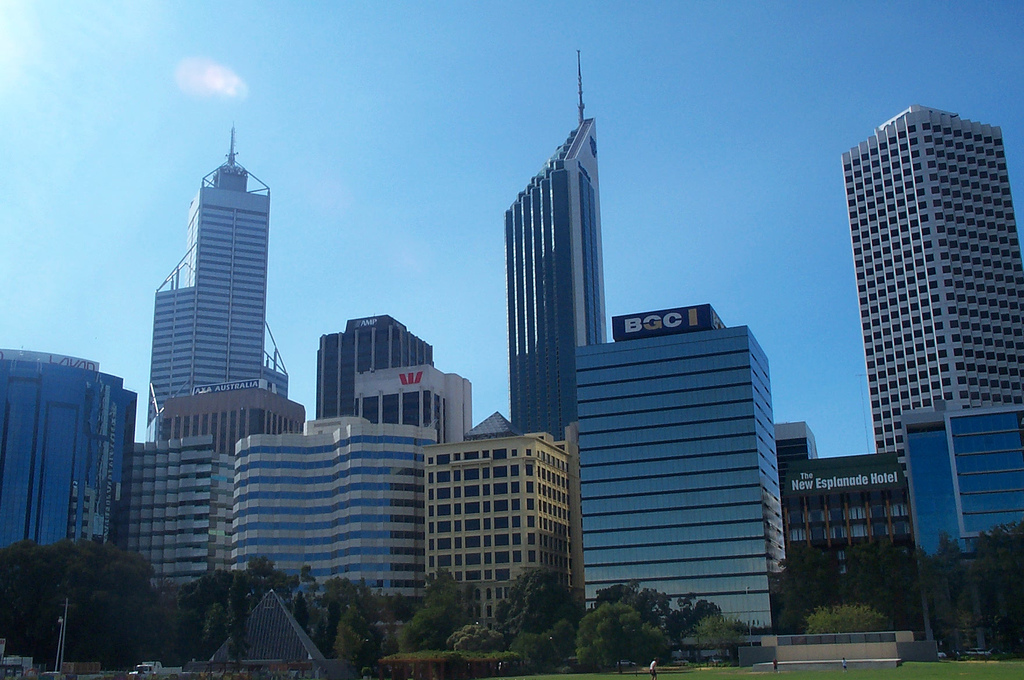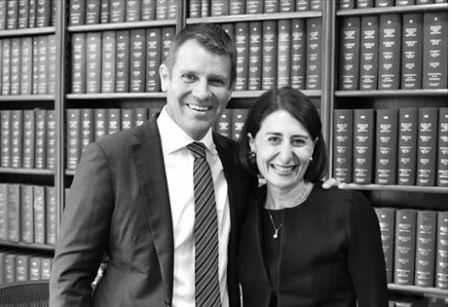Western Australian Premier Colin Barnett appears to be retreating from Perth council mergers saying he is surrendering because it’s all got too hard.
The original proposal was to reduce Perth’s 30 councils to 16 but a recent ‘no’ vote by residents in six council areas, which were to be merged into three, has blown a hole in the scheme.
Residents in Fremantle and East Fremantle, Kwinana and Cockburn, and South Perth and Victoria Park voted to remain separate councils last weekend.
In fact, Kwinana and Cockburn Councils have both indicated that they will each ask the state government for more than $1 million to compensate them for the time and money they have put into amalgamation plans thus far.
Mr Barnett told 720 ABC Perth this week: “yep, I’ve failed. So I’ve put up the white flag.”
“We gave it, and I gave it, my best shot. I failed, I concede that, we’ll now concentrate on the City of Perth.”
There are signs too that the Premier is backing away from other parts of his reform agenda.
“Where there’s consensus and goodwill we will move with local government. Where there’s opposition and campaigns being mounted, we probably will just let it be,” he said.
In a further blow to Mr Barnett’s hopes for expanding the City of Perth to take in surrounding icons and the City of Vincent, the City of Vincent pulled out last night.
Instead, the state government will champion a City of Perth Act and press for icons such as King’s Park and the University of Western Australia to be included in its environs.
Other proposals submitted by councils themselves and billed as ‘boundary changes’, involve redrawing boundaries and combining two or more councils but residents in areas are not able to invoke the Dadour provisions and vote.
Dadour dictates that residents may vote only if two or more council areas are to be merged.
The premier’s evident frustration has been compounded by the West Australian Local Government Association (WALGA) formally withdrawing its support for the slimmed down council model, with WALGA President Troy Pickard calling it ‘flawed beyond repair”.
“Whilst WALGA and the Local Government sector have long supported structural reform, this process has become completely unravelled and we cannot carry on with the remnants,” Mr Pickard said.
“Our support has always been for metropolitan-wide reform based on a clear vision, that was fully funded and carried out with a consistent and consultative approach – and the State’s process no longer meets any of these criteria.”
WALGA has previously estimated that metropolitan reform would cost around $100 million. The state government offered $5 million each year for three years and $45 million in loans.
“When you consider the effect of remaining boundary adjustments, orphan suburbs, questions around the proposed City of Perth Act and the fact some Councils will actually reduce in size, this process is clearly no longer delivering on its objectives,” he said.
But Mr Barnett said WALGA had previously supported the changes.
“It’s somewhat ironic given that the Local Government Association actually started the whole process by advocating a reduction in the number of councils,” Mr Barnett said.
The mergers and boundary changes have stirred up a hornet’s nest of ill-feeling between state and local government. Mr Barnett told 720 ABC Perth that some council mayor’s (that he refused to name) had privately pledged support for mergers but said the opposite in public.
NSW Premier Mike Baird will be nervously watching Mr Barnett’s trials and tribulations in the run-up to the NSW election in March as he pushes ahead with his own blueprint for council mergers.
Firmly on the agenda will be the Local Government Review Panel’s report recommendations that 105 of NSW’s 152 local councils consider and that Sydney Councils should be “significantly reduced” from 41 to between 15 and 18.
Local councils having to submit their Fit for the Future applications – proving they are sustainable or agreeing to merge with their neighbours – by June 30.
Unlike their Western Australian counterparts, NSW residents will not be able to vote to halt mergers, despite many local councils carrying out their own community polls.
Comment below to have your say on this story.
If you have a news story or tip-off, get in touch at editorial@governmentnews.com.au.
Sign up to the Government News newsletter


